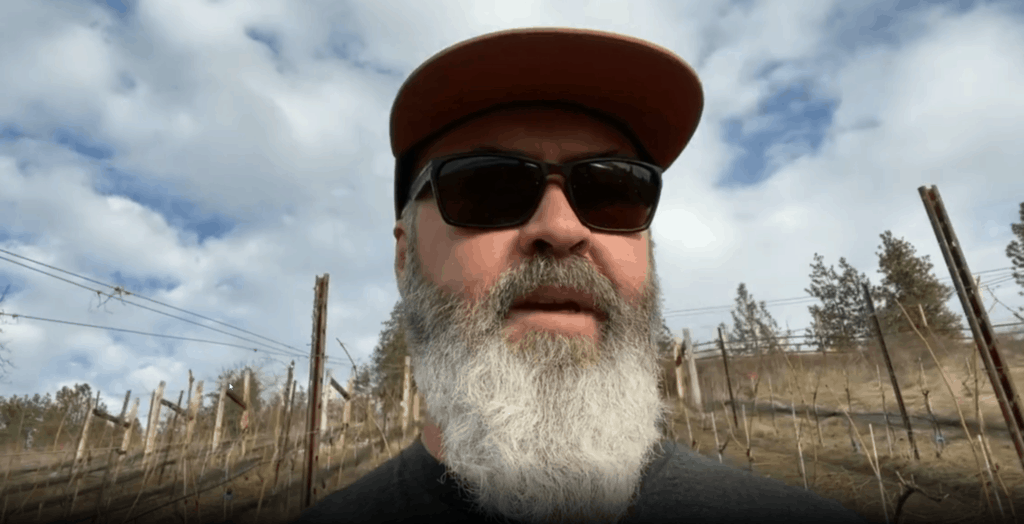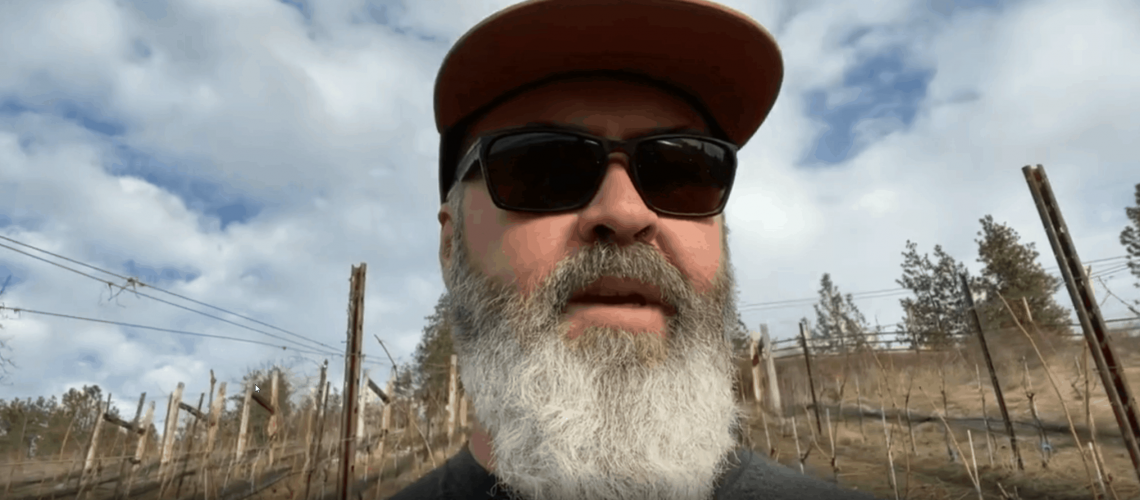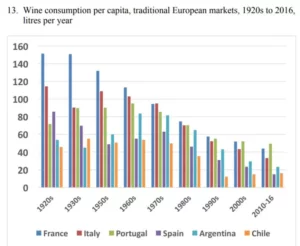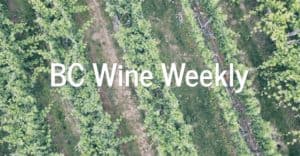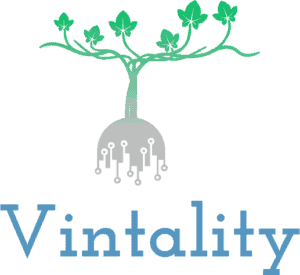Are we fooling ourselves with wine quality?
Marcus Ansems, over at Daydreamer Wines, had a great Instagram post on wine quality. I have high respect for Marcus, for his work and knowledge, as well as the quality wine he’s producing from a difficult site.
Marcus summarizes the traditional view of wine quality:
- How typical is it? ie. does a Bordeaux taste like a Bordeaux, a Riesling like a Riesling?
- How ageable is it?
- Is it balanced? ie. does the sweetness balance the acid?
- Is it concentrated or complex?
But there’s a problem: We’ve all had wines that check all these boxes and yet are so boring. I had this exact type of wine last night: it was the most typical, bland Pinot Noir I’ve ever had. It wasn’t bad (and wasn’t cheap), and I’d say it was technically hitting all the right notes! But boy, I forgot what it tasted like the moment it left my mouth.
Instead, Marcus suggests a different rubric:
“Does a wine move you? Does it make you think twice? Does it excite you? Would you buy it again? Most importantly, is it memorable?“
First of all, I love this. That Pinot Noir I drank preceded a Meritage that was much more technically flawed. But to Marcus’ point – it was interesting. We were all talking about it – what were we tasting? how was it changing as it opened? – and it was the most memorable wine of the night.
Hell, who else is bored drinking wines made for Robert Parker’s palate?
Marcus goes on: maybe this is the point of natural wines? After all, most natural wines are memorable. “Wine isn’t Coca-Cola and it shouldn’t be made the same way.”
But can “memorable” lead to just as bad a place as overly-technical wines? Yellowtail and Apothic Red meet the standards Marcus has set. Not for you likely, but for the majority of wine drinkers. Yellowtail, when it debuted, opened up a new market of wine drinkers by being: accessible, cheap, uncomplicated, and sweeter. It drew in novice wine drinkers.
Maybe that’s not a bad thing??? Maybe the fact that Yellowtail opened up wine to a huge, untapped market was a good thing? A market that finds the wines you and I like boring and less desirable.
This drives to the heart of the minerality debate as well. No, not “Is minerality a real feature of the soil or geology?” (I’ve covered that elsewhere). The challenge is that you might like minerality – but most wine drinkers do not. What is memorable is very, very palate-dependent.
There are deeper questions as well. If we chase “memorable” wines, wines that “move you”, will our farming change as well? I think Marcus believes it will. I’m sympathetic. Certainly that is a large problem which mass-produced wines exacerbate.
However, I’m skeptical that natural wine is an answer, it’s likely just more marketing than reality. Further, I worry that Marcus’s standard of excellence, combined with sustainable practices, only works for farmers/winemakers of his quality. In the last newsletter I shared how organic farming in France may only work at scale for wineries with scale.
That’s the (unanswered) question Marcus has left me thinking about. Is there a future for small- and medium-sized wineries in a fully sustainable winemaking world?
I hope so. At Vintality we believe that new technology can help solve the economic and practical obstacles to sustainable farming.
You can watch Marcus’s excellent post on Instagram here.
You’ll find an article on the history of the natural wine movement in Germany.

